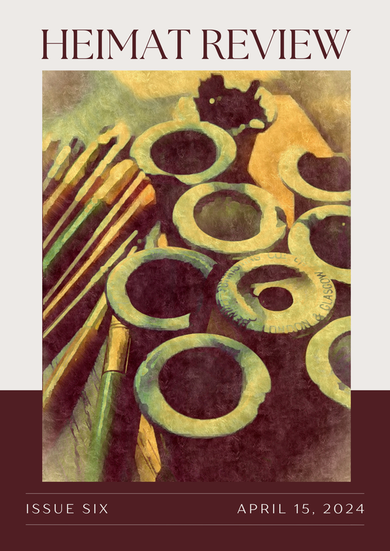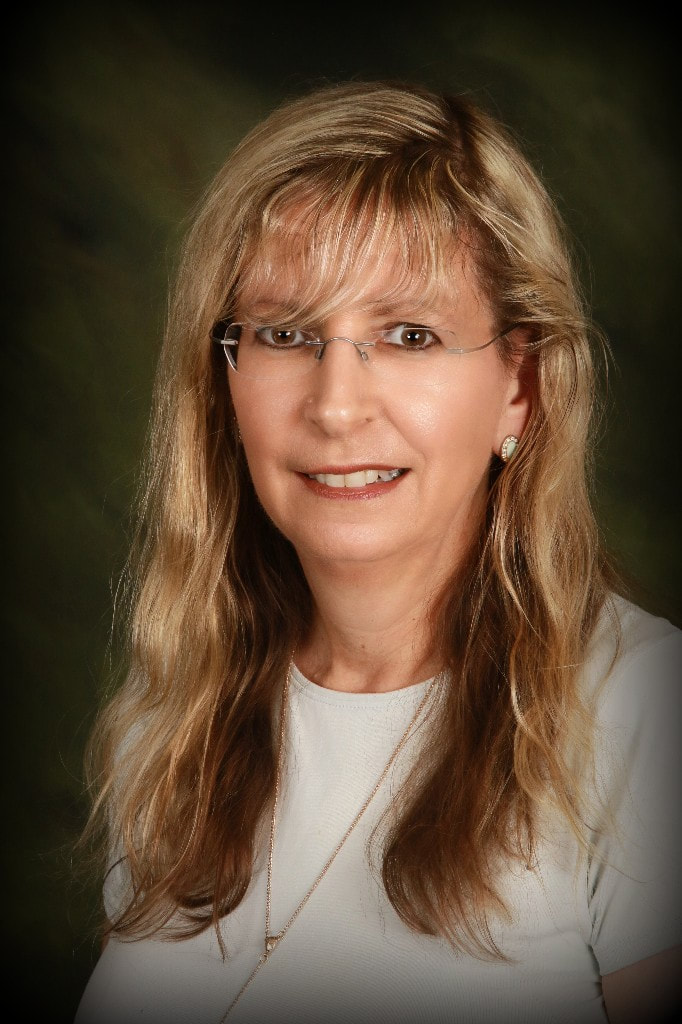500 Words
By Beth Sherman
April 15, 2024
April 15, 2024
Out the big windows, winter has finally hit the college Quad, whose maple trees are bare, branches trembling. The wind howls, rattling the panes, but we’re in our warm writing space, conjuring other worlds. I’ve written the assignment on the board: 500 words where the setting comes to life and becomes a character all its own. Shahzaib takes me to the colossal pyramids of Egypt, desert cubes kissing the sky. Jake describes his grandfather’s barn in Ohio, teeming with spotted pigs who eat zucchini and fried eggs for breakfast, not knowing they’re going to be slaughtered. Angeline writes about Haiti, where her cousins live in a ramshackle shanty and stay inside all day because they’re afraid of getting kidnapped. The twenty students are from 15 countries. Each has a story to tell about somewhere that matters.
I’ve arranged the desks in clusters so they can share their first drafts, watch them move about the room languidly, like bees in no hurry to return to the hive. When I’ve talked to each of them, I return to my desk at the front of the room. In my notebook, someone has drawn a swastika. The ink is still fresh, one corner smeared. I stare at the symbol, feel a thin tendril of fear prick the back of my neck.
Who did this? My voice shakes when I hold the notebook up. My tongue feels like a foreign object in my mouth.
They stare at me blankly, as if we’ve just met.
The swastika is all hard edges and angles, its sharpness hurts my eyes. I’m thinking of shattered glass on Kristallnacht, of gold stars sewn onto sweaters, of odorless poison gas and bones piled next to crematoriums, the eyeglasses and pocket watches left behind. Pipes clank, releasing hot air into the room. A minute ago, I was in Egypt. How did I get here?
I reach for my phone to call security. We’re supposed to notify security. But reporting my students seems wrong. I like them. I don’t want to get anyone in trouble.
Which one of you did this?
Some of them can’t look me in the eye. But Jake does. There’s a coldness in his gaze that makes me flinch. One of the girls is crying.
I think about all the dead children in Gaza, wrapped in tiny white sheets, 31,000 people killed, homes reduced to rubble, the survivors with nothing to eat, nowhere to sleep. Maybe if I saw myself as complicit, I’d hate me too.
I get up slowly, like an old woman with arthritic legs. My marker creaks across the surface of the whiteboard.
500 words about this place and how it makes you feel.
When I sit down, I tear out the page with the swastika, fold it so only the edges show, like a spider’s feet. All I hear is the rattling of pipes and fingers tapping on phones and laptops. 500 words. A micro, a moment.
I pick up my pencil and join them.
I’ve arranged the desks in clusters so they can share their first drafts, watch them move about the room languidly, like bees in no hurry to return to the hive. When I’ve talked to each of them, I return to my desk at the front of the room. In my notebook, someone has drawn a swastika. The ink is still fresh, one corner smeared. I stare at the symbol, feel a thin tendril of fear prick the back of my neck.
Who did this? My voice shakes when I hold the notebook up. My tongue feels like a foreign object in my mouth.
They stare at me blankly, as if we’ve just met.
The swastika is all hard edges and angles, its sharpness hurts my eyes. I’m thinking of shattered glass on Kristallnacht, of gold stars sewn onto sweaters, of odorless poison gas and bones piled next to crematoriums, the eyeglasses and pocket watches left behind. Pipes clank, releasing hot air into the room. A minute ago, I was in Egypt. How did I get here?
I reach for my phone to call security. We’re supposed to notify security. But reporting my students seems wrong. I like them. I don’t want to get anyone in trouble.
Which one of you did this?
Some of them can’t look me in the eye. But Jake does. There’s a coldness in his gaze that makes me flinch. One of the girls is crying.
I think about all the dead children in Gaza, wrapped in tiny white sheets, 31,000 people killed, homes reduced to rubble, the survivors with nothing to eat, nowhere to sleep. Maybe if I saw myself as complicit, I’d hate me too.
I get up slowly, like an old woman with arthritic legs. My marker creaks across the surface of the whiteboard.
500 words about this place and how it makes you feel.
When I sit down, I tear out the page with the swastika, fold it so only the edges show, like a spider’s feet. All I hear is the rattling of pipes and fingers tapping on phones and laptops. 500 words. A micro, a moment.
I pick up my pencil and join them.
|
Beth Sherman has an MFA in creative writing from Queens College, where she teaches in the English department. Her stories have been published in Portland Review, Blue Mountain Review, Tangled Locks Journal, 100 Word Story, Fictive Dream, Flash Boulevard, Sou’wester and elsewhere. Her work will be featured in The Best Microfictions 2024. She’s also a Pushcart, Best Small Fictions, and multiple Best of the Net nominee. She can be reached at @bsherm36 or https://www.bethsherman.site/
|
Author's Note:
I’ve always considered the classroom my second home. The school where I teach is very diverse, with students tracing their ancestries to 150 countries. More than a third of the undergraduates were born outside the U.S. and nearly 80 different languages are spoken at home. The classroom is a place where, through writing, they can share their experiences, traditions and cultures. Working in small groups, they get to know one another better. Friendships form, romances have blossomed. When war broke out between Israel and Hamas, the campus changed. Swastikas began appearing with alarming regularity. Antisemitic slogans were scrawled in chalk on the quad. Anti-Muslim hate incidents increased. There was a bomb threat and everyone at school had to be evacuated. I didn’t feel unsafe, but I did start to feel unwelcome. In my classroom, however, nothing changed. Young women in headscarves exchanged ideas with young men in yarmulkes. Writing was our common denominator--it brought everyone together. I tried to write a story that incorporates both the reality of the world we live in and my belief that the classroom remains a caring, cooperative space for people of all ethnicities and religions. In addition, my classes are discussion-centered, not lectures. I’m always learning from my students. That’s what makes my job so rewarding. By having the instructor respond to the writing prompt herself at the end, I wanted to re-enforce that point.


